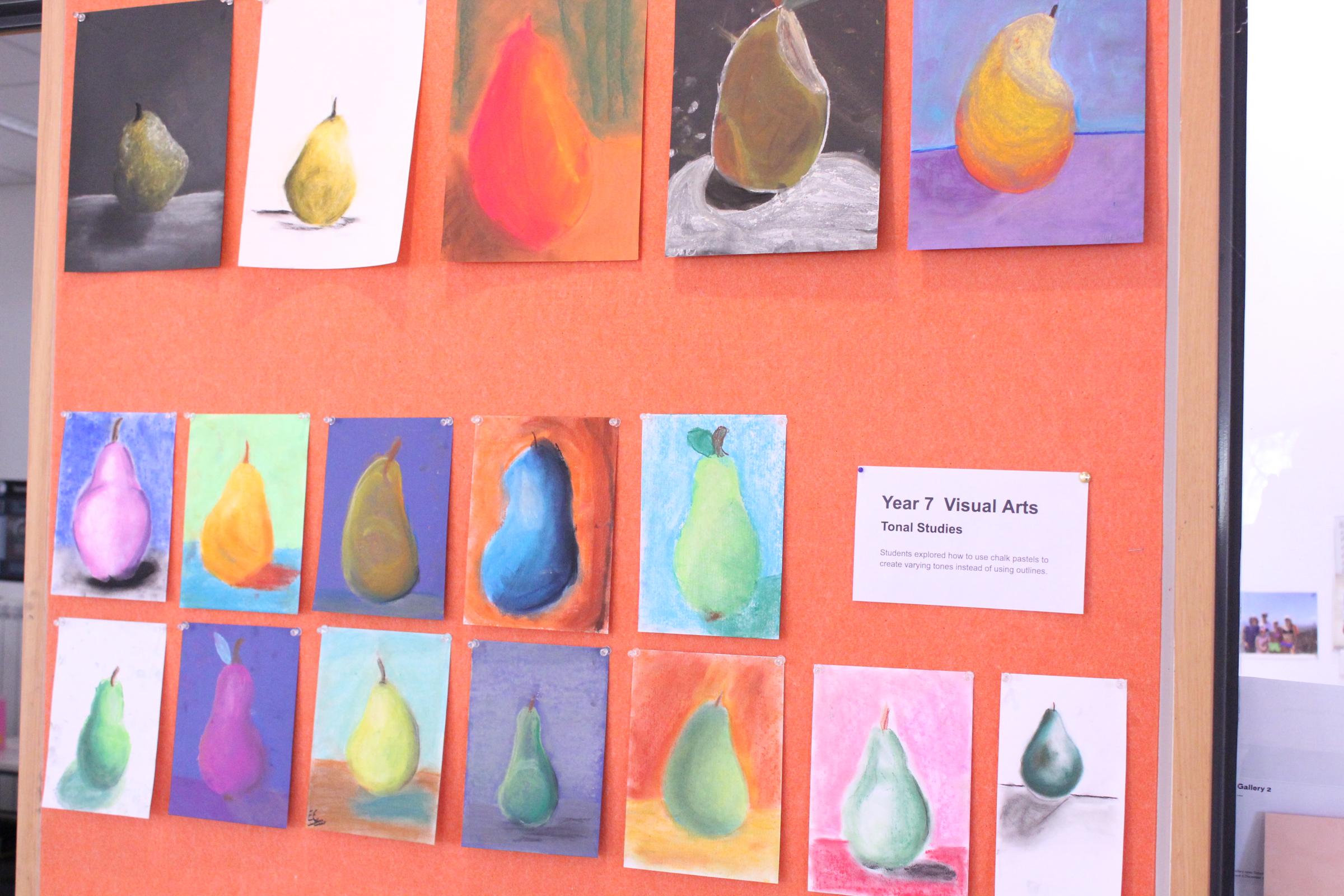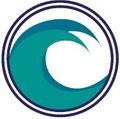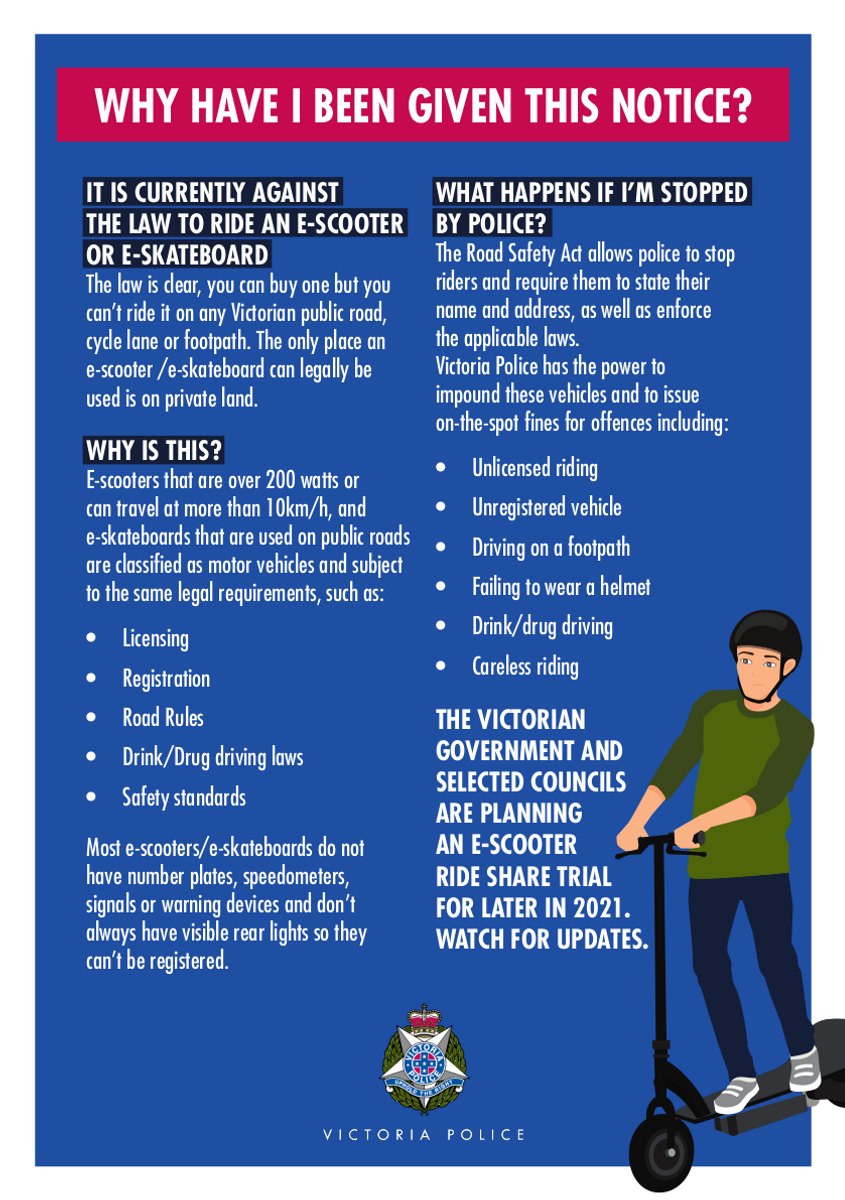IMPORTANT INFORMATION

Message from the Department of Education: Sleep Health
Dear families,
Whilst we know sleep is essential for good health, research shows that many children and young people are not getting enough sleep on school nights. This can affect thinking, concentration, memory, reaction times and mood.
Research shows about 12% of primary school-aged children, a quarter of 12- to 15-year-olds and half of 16-to-17 year-olds don’t get enough sleep on school nights. The recommended amount of time to sleep for primary school-aged children is 9 to 11 hours. For teenagers, it’s 8 to 10 hours.
Signs that your child is not getting enough sleep can include:
- low mood and irritability during social interactions
- reluctance or arguing about getting off devices and going to bed
- falling asleep during the day
- difficulties waking up for school and sleeping in late on weekends to catch up
- changes to communicating or interacting at home.
You can help your child to improve their sleep by:
- establishing a regular sleep pattern and consistent bedtime routine
- supporting them to avoid using electronic devices such as smartphones before going to bed and in bed
- encouraging your child to exercise and spend time outside in daylight, steering clear of vigorous activity in the hour before sleep
- encouraging them to wind down and relax before going to bed.
If your child is still having trouble sleeping, has persistent problems with low mood, excessive daytime sleepiness, restlessness in bed, severe snoring or wakening unrefreshed, despite getting adequate length sleep, they should see a doctor.
For more information on sleep health, you can refer to:
- Sleep Tips For Children and Facts about sleep for parents and school staff, from the Sleep Health Foundation
- Why sleep is so important, from the Kids Helpline
- Sleep explained, from the Better Health Channel.
Statement of Commitment to Child Safety
Surf Coast Secondary College is a child safe organisation which welcomes all children, young people and their families.
We are committed to providing environments where our students are safe and feel safe, where their participation is valued, their views respected, and their voices are heard about decisions that affect their lives. Our child safe policies, strategies and practices are inclusive of the needs of all children and students. We have no tolerance for child abuse and take proactive steps to identify and manage any risks of harm to students in our school environments. We promote positive relationships between students and adults and between students and their peers. These relationships are based on trust and respect.
We are committed to regularly reviewing our child safe practices, and seeking input from our students, families, staff, and volunteers to inform our ongoing strategies.
Our child safe policies can be located on the college website here.
Students and their families should be aware in particular of the SCSC Childsafe Reporting and Responding Obligations and Procedures Policy and Complaints Policy, should you have any concerns about the safety of a young person.
A Message from our Local Police - Beach Gatherings
Following a small number of recent incidents at Torquay beach parties, local police would like to take this opportunity to encourage parents to have a conversation with their kids about the risks of underage drinking and anti-social behaviour.
A small number of offences have been detected at recent beach parties in Torquay including one serious assault, as well as underage drinking and drug use.
Police understand that there have been three beach events this year attended by approximately 100-200 teenagers.
Local police will maintain a high presence in the Torquay beach areas, with increased visible patrols on foot and on the roads to deter these gatherings.
We want everyone to have a safe and enjoyable time on our beaches, however underage drinking and anti-social behaviour will not be tolerated.
Victoria Police want to help you keep your kids safe and remind you that now is a great opportunity for families to have important conversations around the risks of underage drinking, drug use, and attending unsanctioned parties.
If any parent wishes to discuss any of these issues, please feel free to contact A/S/Sgt Peter Christo at Torquay Police on 5264-3402 or via email peter.christo@police.vic.gov.au
Annual Privacy Reminder for 2023
Our school collects, uses, discloses and stores student and parent personal information for standard school functions or where permitted by law, as stated in the Schools’ Privacy Policy.
Please take time to remind yourself of our school’s collection notice, found on our website (click here).
For more information about privacy, refer to: Schools’ Privacy Policy — information for parents.
Insurance Reminder for 2023
Schools and parents/carers are reminded that the Department of Education does not provide personal accident insurance for students.
Parents and guardians are responsible for paying the cost of medical treatment for injured students, including any transport costs.
Student accident insurance policies are available from some commercial insurers. These cover a range of medical expenses not covered by Medicare or private health insurance.
Personal Property Reminder for 2023
The Department of Education does not have insurance for personal property of staff, students, and visitors. Surf Coast Secondary College and the Department of Education do not take responsibility for items of personal property that are lost, stolen or damaged at school or during school activities.
Damage to personal property brought to school is the responsibility of the owner of that property. This includes motor vehicles.
Surf Coast Secondary College encourages staff and students not to bring items of value to school, or to obtain appropriate insurance for such items.
Health and Safety in Schools Information
The following is guidance and protocols from the Department of Education relating to the health and safety measures still in place, or available, to help manage COVID 19 infections.
- Rapid Antigen Test are available for all Victorians from Council sites. People can get 2 free packs (10 tests) for themselves and 2 free packs (10 tests) for each of their household members.
- People with disability and their carers can get up to 4 free packs (20 tests) in line with existing RAT distribution for people with disability.
- Staff and students who wish to wear a face mask should be supported to do so, and schools should continue to make face masks available for staff, students and visitors.
What is the process for reporting that your child has COVID-19 to the school?
- Parents/carers should complete the Student COVID-19 COVID Test Portal if a student tests positive to COVID-19 (via a PCR or rapid antigen test).
- Please also inform the College via covidresponse@scsc.vic.edu.au and we will also let their teachers know of their absence. Students who isolate as a result of a positive COVID-19 test will be supported in the same way as students with an extended absence due to illness or injury, with learning materials provided to support their continued learning. These will be accessible via Canvas.
Students who report a positive result are recommended to isolate for a minimum of 5 days and not attend school until their symptoms have resolved.
Notification of the 2023 Parent Payment Arrangements
Surf Coast Secondary College is looking forward to another great year of teaching and learning and would like to advise you of our voluntary financial contributions for 2023.
Schools provide students with free instruction to fulfil the standard Victorian curriculum and we want to assure you that all contributions are voluntary. Nevertheless, the ongoing support of our families ensures that our school can continue to offer the best possible education and support for our students.
Underpinning Surf Coast Secondary College’s vision for excellence, is a commitment that all students have access to opportunities to succeed, regardless of their background or circumstance. This enables an approach to educational achievement, engagement, and wellbeing, which draws on best practice, evidence, and is responsive to local circumstances and needs.
Our College works in close partnership with our parent/carer community, and the broader school community, to provide the best educational opportunities and outcomes for students, both inside and outside the classroom. Through this partnership, parents/guardians understand that the contribution they make to their children's education, in all its various forms, has an important role in enriching the College’s learning and teaching programs and improving educational outcomes.
Our College continues to design and develop the learning and teaching programs drawing on the best educational knowledge and practices and we continue to strive to offer broad and enriched opportunities for students that are above and beyond what is required in the standard curriculum. Learning and teaching programs may vary to reflect priorities, decisions, and needs, and this, in turn, informs parent payments as set by School Councils.
For more information on our Parent Payment Arrangements, please view the attached documents or visit our website at www.surfcoastsecondarycollege.vic.edu.au
2023 Subject Confirmations
Students should have received a copy of their confirmed subjects Friday 18.11.2022. If your child is in Year 9 - 12 in 2023 and has not received a list of their subjects, please contact their Mentor Teacher or Learning Community Leader as soon as possible.
2023 Booklists
Please be advised that the 2023 Booklists have now been released to families and are also available on our website: https://surfcoastsecondarycollege.vic.edu.au/handbooks-booklists/
Family Account Payments
There are a number of ways for families to make a payment to the College for their child’s excursion, camp or event. Please see below:
Preferred: Direct Deposit
To make a payment by direct deposit please use the following bank details:
Account Name: Surf Coast Secondary College Council Official
BSB: 033-608
Account Number: 246907
Please be sure to put your child’s name in the reference and notify us of the payment by emailing us at accounts@scsc.vic.edu.au
EFTPOS:
Over the phone on (03) 5261 6633 by calling our Administration Office.
If you have a credit on your account and would like to use this, please email accounts@scsc.vic.edu.au
CAMPS, SPORTS & EXCURSIONS FUND (CSEF)
School camps provide children with inspiring experiences in the great outdoors. Excursions encourage a deeper understanding of how the world works while sports teach teamwork, discipline and leadership. All are a part of a healthy curriculum.
CSEF is provided by the Victorian Government to assist eligible families to cover the costs of school trips, camps and sporting activities.
If you hold a valid means-tested concession card or are a temporary foster parent, you may be eligible for CSEF in 2023. A special consideration category also exists for asylum seeker and refugee families. The allowance is paid to the school to use towards expenses relating to camps, excursions or sporting activities for the benefit of your child.
The annual CSEF amount per student is:
- $125 for primary school students
- $225 for secondary school students
HOW TO APPLY FOR THE CSEF
New applicants should contact the school Administration Office to obtain a CSEF application form.
IMPORTANT: If you applied for CSEF at your child's school in 2022, you do not need to complete an application form this year unless there has been a change in your family circumstances.
You only need to complete an application form if any of the following changes have occurred:
- new student enrolments: your child has started or changed schools this year.
- changed family circumstances, such as a change of custody, change of name, concession card number, or new siblings commencing this year.
A safety message from the Australian Centre to Counter Child Exploitation
The Australian Federal Police through the Australian Centre to Counter Child Exploitation is seeing a concerning global trend of teenage males being targeted to send explicit images of themselves and then blackmailed. This is called sexual extortion, or sextortion.
The AFP is urging families to have important safety conversations ahead of the school holidays to prevent young people from becoming victim. This crime can have serious wellbeing and psychological impacts.
How does sextortion start?
- Unsolicited friend and follow requests on social media
- Direct messages on one app and then being asked to keep chatting on a secondary app
- Conversations suddenly and quickly becoming sexualised
- Requests for sexualised images or content.
What can families do?
- Have open and regular conversations about your child’s online activities and interactions
- Know what platforms, apps and games they are using and who they are interacting with
- Remain open and approachable, victims will be reluctant to come forward if they feel they will be punished or blamed
- Ensure your child knows that it is okay to leave conversations if they feel uncomfortable or unsafe
- Support your child and know how to respond. The Online blackmail and sexual extortion response kit has been created to recognise sextortion and get help.
The Australian Centre to Counter Child Exploitation is here to keep young people safe from online sexual exploitation and abuse.
You can make a report via accce.gov.au/report
For further information, resources and advice visit thinkuknow.org.au
Secondary School Immunisation Program Catch-Ups
Secondary school immunisations are provided to students to reduce their risk of contracting preventable diseases and some cancers. Health advice regarding immunisations recommends students receive the following:
Year 7
- Diphtheria, tetanus and pertussis (whooping cough) (one dose)
- Human papillomavirus (HPV) (2 doses 6 months apart).
Year 10
- Meningococcal A,C,W,Y (one dose).
Due to COVID-19 related interruptions to school-based learning, there are a number of students in years 7 to 12 who may have missed these important vaccines. This puts students at an increased risk of illness.
If your child missed out on their school-based vaccinations, please speak to your GP or local council immunisation service about how they may catch up.
To check if your child is due for any vaccines, refer to their immunisation history statement on the Australian Immunisation Register, using your MyGov account.
If your child is aged over 14, they may need to access their immunisation history statement themselves, through their own MyGov account or the Medicare mobile app.
Mobile Phone Policy Reminder
A reminder to students that as per the DET Mobile Phone Policy, students found using their mobile phone may result in confiscation when students are found to be accessing their mobile phone during the school day.
Surf Coast Secondary College understands that students may bring a personal mobile phone to school, particularly if they are travelling independently to and from school. In accordance with the Department’s Mobile Phones Policy issued by the Minister for Education, personal mobile phones must not be used at Surf Coast Secondary College during school hours, including lunchtime and recess, unless an exception has been granted. Exceptions are usually only granted for medical or safety reasons.
Mobile phones owned by students at Surf Coast Secondary College are considered valuable items and are brought to school at the owner’s (student’s or parent/carer’s) risk. Students are encouraged not to bring a mobile phone to school unless there is a compelling reason to do so. Please note that Surf Coast Secondary College does not have accident insurance for accidental property damage or theft.
Students and their parents/carers are encouraged to obtain appropriate insurance for valuable items.
At Surf Coast Secondary College:
- Students who choose to bring mobile phones to school must have them switched off and securely stored during school hours – this includes during recess and lunchtime. Phone should remain in the students’ locker during the school day at all times.
- When emergencies occur, parents or carers should reach their child by calling the school’s office on 03 5261 6633.
Repeated instances of a student being found accessing their mobile phone in school time will result in parents being asked to attend a meeting to make a plan for how the phone will be managed at school moving forward. We appreciate you working in partnership with us to ensure that the College, and its students, are compliant with this legislative requirement.
E-Scooters
In cooperation and support with our local police, please take time to have a look at the attached flyer. This flyer will be handed out by police to students if they have been intercepted as a formal warning before adopting a zero tolerance approach in regards to E-scooters.
If you have any further queries, please contact your local police station for further information.
Changes to Victorian School Term Dates 2026
There have been changes to Victorian school term dates for 2026. This will provide an opportunity for Victorian communities to participate more broadly in the 2026 Commonwealth Games.
The 2026 Commonwealth Games will take place across regional Victoria from Tuesday 17 March to Sunday 29 March 2026, with Geelong, Bendigo, Ballarat, Gippsland, and Shepparton hosting a range of activities and events for 20 different sports and 9 para-sports.
The 2026 Victorian school term dates are:
- Term 1: Tuesday 27 January to Friday 13 March 2026
- Term 2: Monday 30 March to Friday 19 June 2026
- Term 3: Monday 6 July to Friday 18 September 2026
- Term 4: Monday 5 October to Friday 18 December 2026.
For the list of school term dates until the end of 2030, refer to School term dates and holidays in Victoria.




